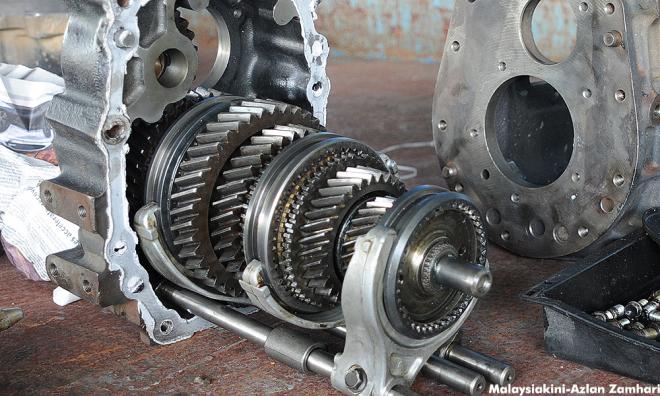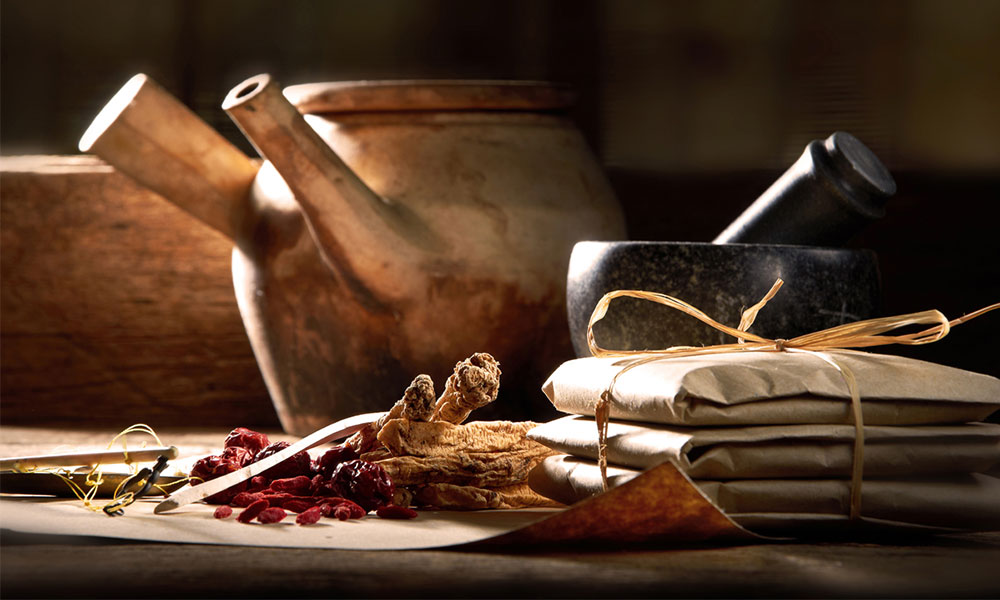
CORONAVIRUS | Many automobile workshops operators are not willing to exercise the movement control order (MCO) exemptions granted to their industry.
According to Federation of Automobile Workshop Owners' Association of Malaysia (Fawoam) president Khor Kong Siah, the main reason for this is the government's insistence that employers must bear the full cost of a staff's Covid-19 treatment.
According to Item 29 of the government's "general guidelines" document for companies operating under the MCO, employers must not only pay for their employees' treatment but also disinfection cost.
"Some of our members have no income for a month. If their employees fall sick and are treated at a private hospital, then the cost would be in the tens of thousands. How could they afford it?
"We've obtained feedback from our members nationwide. Many are scared (of the financial implications) and therefore did not apply for exemptions," said Khor, when contacted by Malaysiakini.
He added that many of the members are also reluctant to apply because they expect poor business during the MCO period as people are staying home.
Moreover, some workshop owners believe the movement restrictions would end soon and there was no need to go through the laborious process of applying to the International Trade and Industry Ministry.
Khor recommended that the government subsidise disinfection services for workshops, which he believed would cost thousands of ringgit.
Putrajaya had mandated that all business premises allowed to operate during the MCO period must sanitise common areas three times a day.
Automobile workshops were among several non-essential services which were allowed to operate during the third phase of the MCO, which will last from April 15 to April 28.
Other MCO-exempted services include tyre shops, automobile spare part shops, certain construction sites, hardware shops, electrical appliance shops, full-service laundry shops and legal firms, among others.
Headache for traditional medicine providers
Traditional and complementary medicine (TCM) practitioners are also allowed to operate but some believed that the conditions imposed made it too difficult for them to provide adequate services.
For instance, Federation Of Chinese Physicians and Acupuncturists Association Of Malaysia (FCPAAM) president Ng Po Kok said Chinese physicians need to take a pulse, offer massages and acupuncture treatment which would not be allowed according to government guidelines.
"We are not allowed to touch nor can we have close contact with the patient. Nobody can accompany the patient into the clinic, even if he or she is in pain and needs help.
"While we may not be considered as frontliners but we help to relieve patients of their pains. Not many of them want to go to the hospital (at this stage).
"(The need for us to apply with Miti) is unnecessary as our profession and services are governed by the Health Ministry. The government should exempt us from applying for permission from Miti," he said.

Ng said eateries and conventional clinics were not required to seek Miti's approval and therefore, traditional medicine practitioners should be treated the same.
He said many FCPAAM members are not seeking MCO exemptions.
"I myself did not apply, I rather stay at home. The application process is very troublesome," he said.
Others support rules
He said the federation represents about 5,000 Chinese traditional medicine practitioners and acupuncturists.
Malaysian Association of Traditional Indian Medicine (Peptim) president S Raggupathi said the traditional Indian medicine practitioners have no problem with Miti's rules.
He said the practitioners can practise social distancing by offering treatment and advice to the regular patients.
The Coalition of Traditional Malay Medicine Practitioners Association Malaysia (Gapera) which represents over 2,000 practitioners, agreed with the strict set of rules imposed on the traditional and complementary medicine services as he doesn't want to see the industry contribute to the spread of Covid-19.
Its founder and president, Adzhar Latif encouraged the practitioners who are able to refrain from resuming operations at this stage.
"If you want to operate now, then you have to observe the rules and conditions," he said.
He noted that the traditional massage and bekam (cupping) treatment may not be permissible due to Miti's condition which prohibits close contact with the patients.
He, however, said the practitioner can still offer herbal medicine to the patients as a way to heal their chronic diseases and to boost the immune system in the face of Covid-19.
"If we are not allowed to touch the patients, then we have to prevent ourselves from touching them," he said. - Mkini



No comments:
Post a Comment
Note: Only a member of this blog may post a comment.